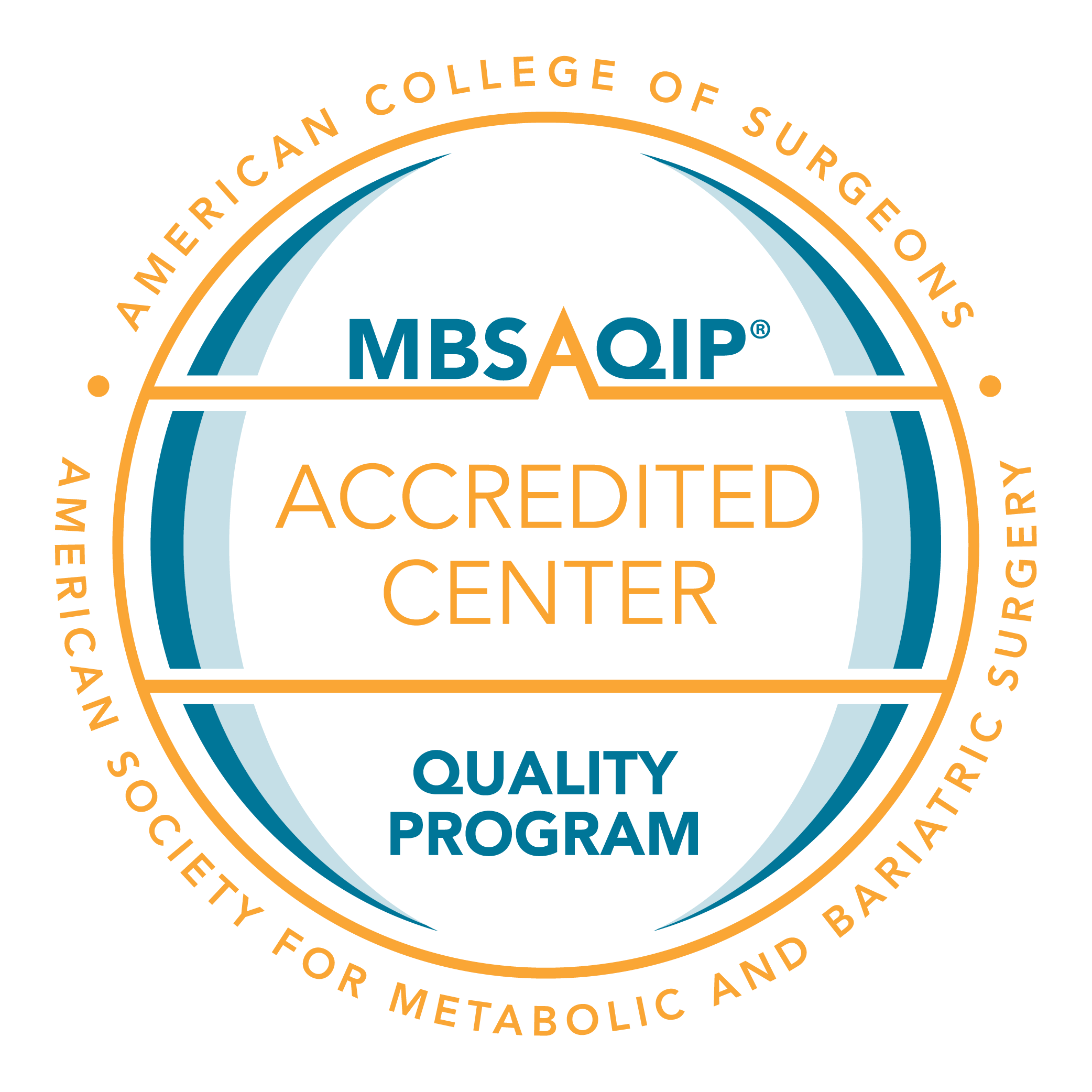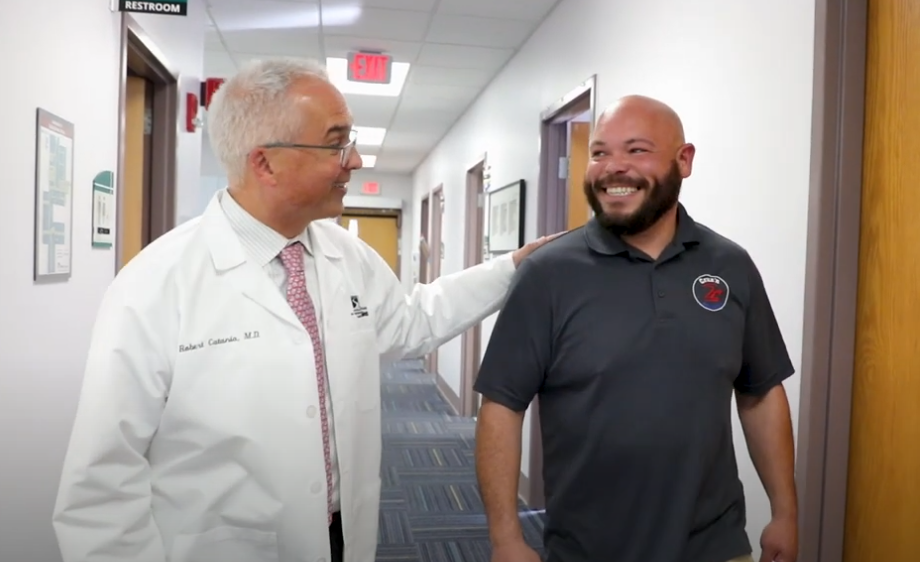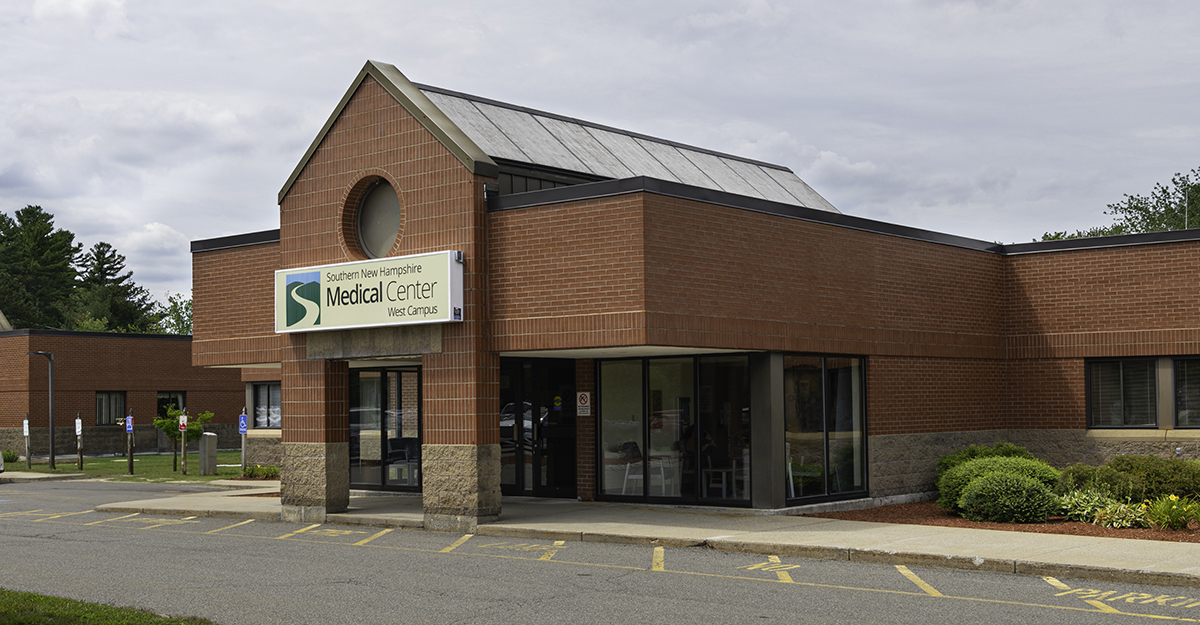Laparoscopic sleeve gastrectomy involves removing a majority of the stomach, creating a narrow “sleeve” of the stomach. As a result, the stomach will hold less food and produce fewer hunger-causing hormones. By reducing stomach capacity and appetite, the procedure assists with weight loss and improves health.
Both procedures are done laparoscopically, using minimal incisions. The laparoscopic sleeve gastrectomy is typically a one-hour inpatient surgery, and most patients go home the following day. The gastric bypass procedure is a two-hour procedure, and most patients are discharged home within 48 hours of surgery. Typically, patients can return to work in two weeks and are fully recovered by six weeks. Both procedures substantially improve or resolve co-morbid conditions associated with obesity, such as diabetes, high blood pressure, high cholesterol, and obstructive sleep apnea.
The placement of laparoscopic adjustable gastric bands is no longer common in the US. However, there are still millions of patients who have these devices in place. While we do not perform adjustable gastric banding, our team can provide ongoing care for band patients, including adjustments and, when necessary, removal.


 The American College of Surgeons Metabolic and Bariatric Surgery Accreditation and Quality Improvement Program (MBSAQIP) is dedicated to enhancing the safety and quality of care for bariatric surgery patients. To achieve accreditation, Southern New Hampshire Medical Center has undergone an independent, voluntary, and rigorous peer evaluation. MBSAQIP accreditation promotes uniform standards and continuous quality improvement. Our patients can feel confident that working with an accredited center ensures that they are receiving state of the art care in Nashua.
The American College of Surgeons Metabolic and Bariatric Surgery Accreditation and Quality Improvement Program (MBSAQIP) is dedicated to enhancing the safety and quality of care for bariatric surgery patients. To achieve accreditation, Southern New Hampshire Medical Center has undergone an independent, voluntary, and rigorous peer evaluation. MBSAQIP accreditation promotes uniform standards and continuous quality improvement. Our patients can feel confident that working with an accredited center ensures that they are receiving state of the art care in Nashua.



